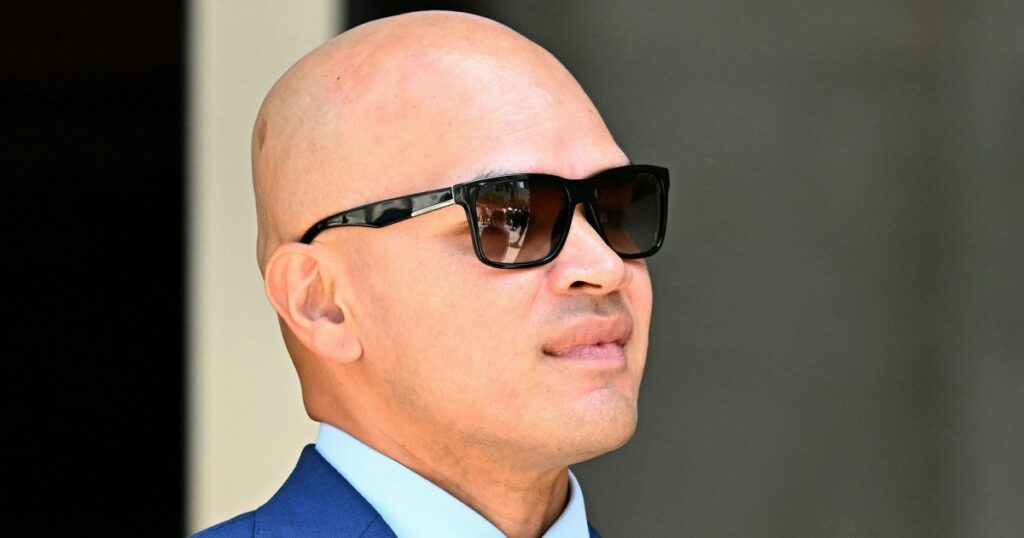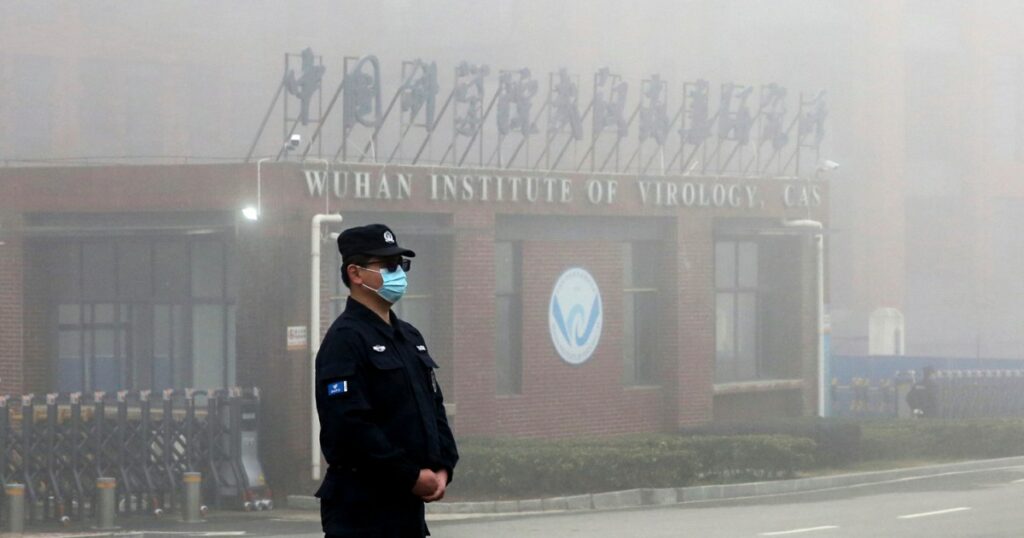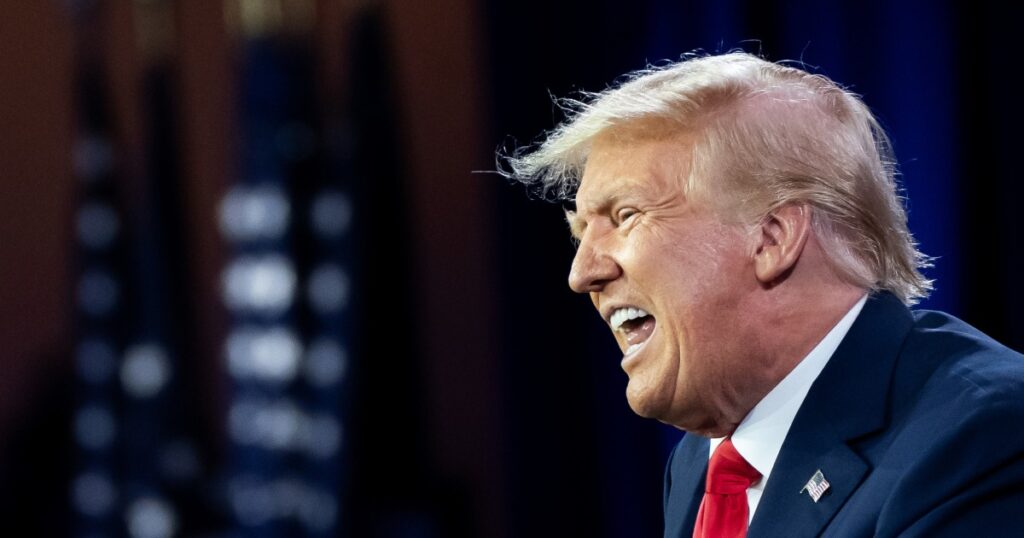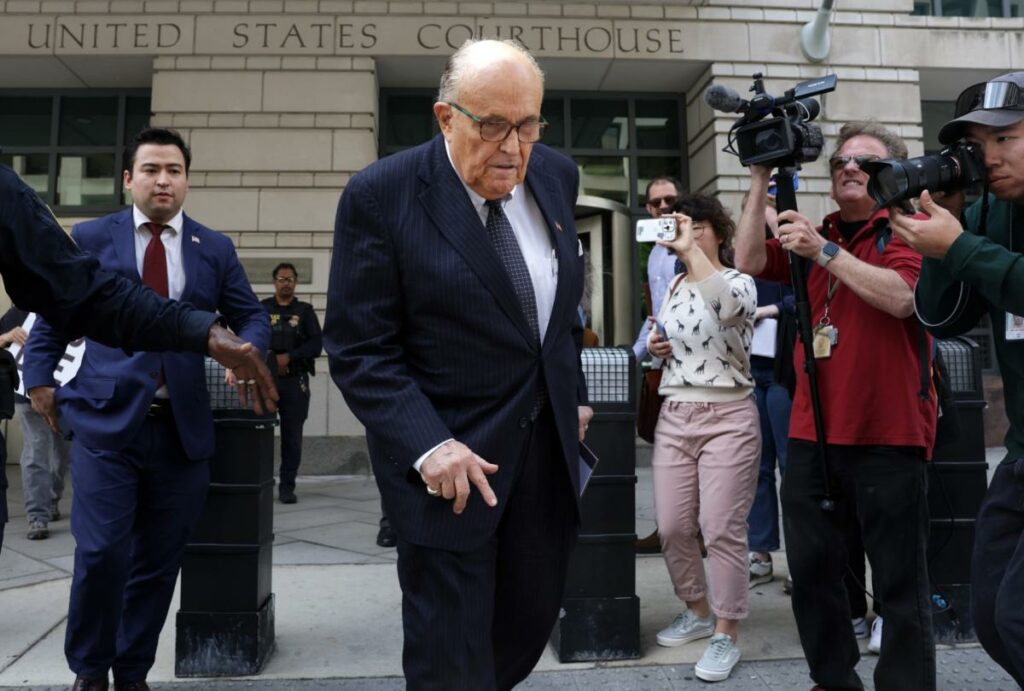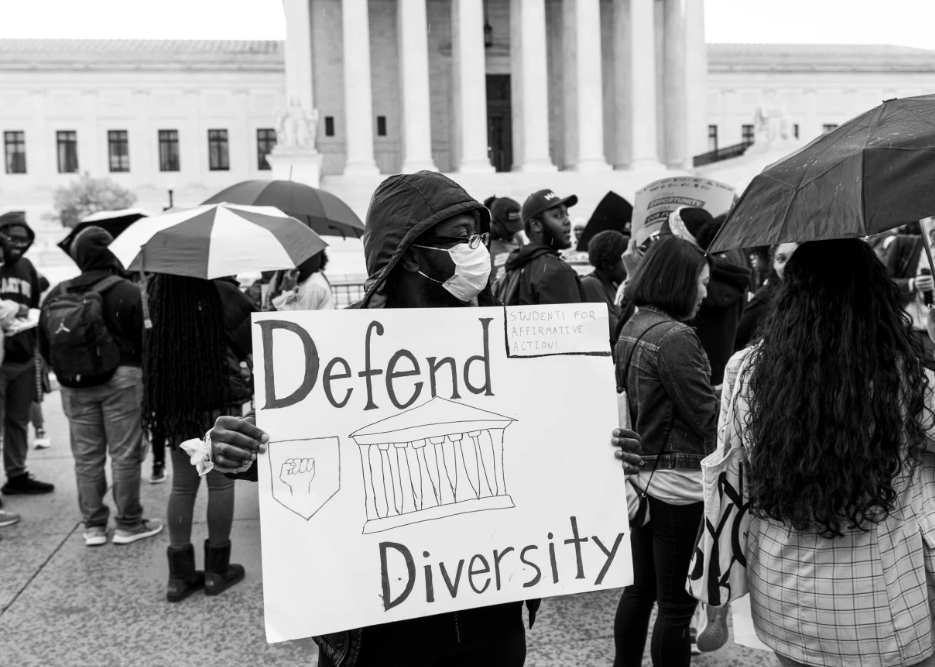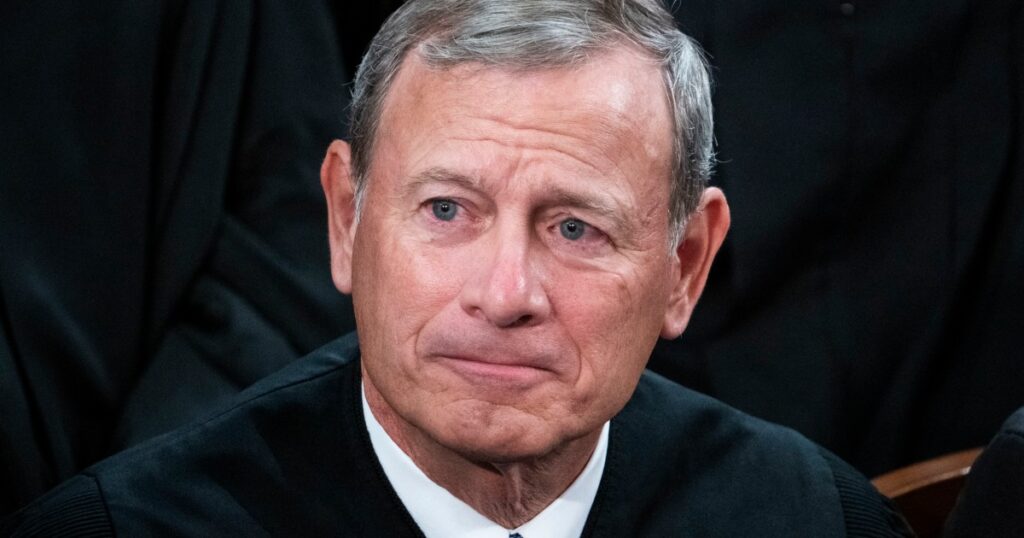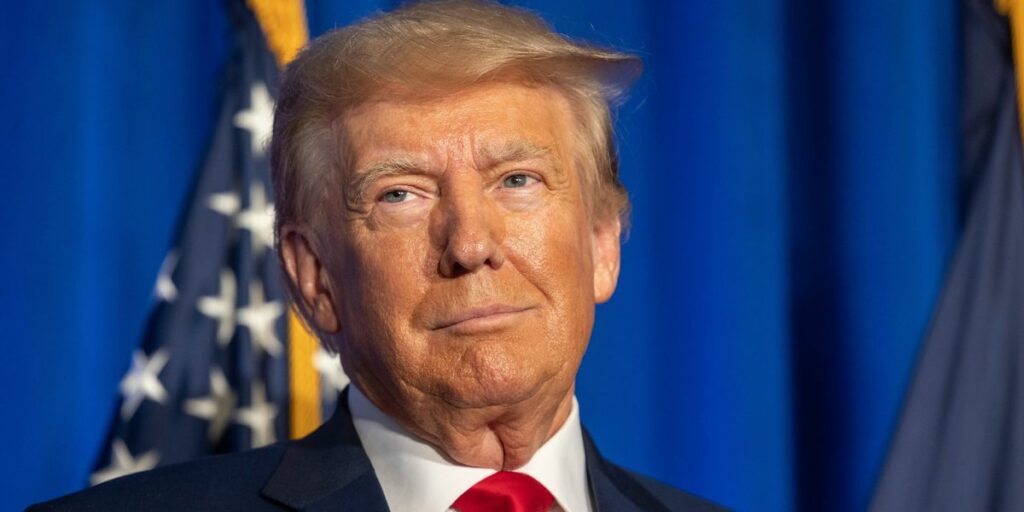The case against Donald Trump and his co-defendant, Walt Nauta, is facing a potential delay as Trump’s lawyers file a motion to postpone a crucial conference regarding the handling of classified material. This motion poses an early test for Judge Aileen Cannon, as the timing of the former president’s federal prosecution becomes increasingly important with his potential run for the White House in 2024. If Trump or another Republican wins and takes control of the government prosecuting him, the case could be in jeopardy.
Both Trump and Nauta have pleaded not guilty to the charges. Trump is accused of violating the Espionage Act by unlawfully keeping classified documents, while both Trump and Nauta are charged with covering up the former president’s alleged crimes.
The defense motion cites various reasons for the delay, including scheduling conflicts for Nauta’s lawyers. However, the Justice Department opposes the delay, arguing that it is unnecessary and contrary to the public interest. The government also questions the credibility of one of Nauta’s lawyers, suggesting that they may have been untruthful or careless in their previous filings.
The upcoming conference is described as a crucial step in the prosecution, as it will determine the procedures for conducting classified discovery, litigating pre-trial motions, and using classified information at trial. It will also impact other dates set by the court. The defense’s motion to delay the conference coincides with their response to the government’s request for a December trial start date, highlighting the significance of these scheduling matters in determining the ultimate trial date.
Judge Cannon’s handling of these delicate scheduling matters will play a critical role in the progression and timing of the case. The outcome of this motion and subsequent decisions will shape the future of the prosecution and whether it will ever reach trial.
Nauta Urges Delay of Critical Conference on Classified Procedures: Find Out Why!
In a recent turn of events, Nauta, a prominent international organization dedicated to promoting transparency and accountability, has called for a delay in the highly anticipated conference on classified procedures. The organization argues that postponing the event is crucial to ensure a comprehensive and inclusive discussion that addresses the concerns of all stakeholders involved. Let us delve into the reasons behind Nauta’s plea for a delay and understand the potential implications of such a decision.
The conference, initially scheduled to take place next month, aims to bring together government officials, intelligence agencies, legal experts, and civil society organizations to discuss and establish standardized procedures for handling classified information. With the increasing complexity of global security challenges, the need for clear guidelines in this domain has become more pressing than ever. However, Nauta believes that rushing into such a critical discussion without proper preparation and consultation could lead to flawed outcomes and missed opportunities.
One of the primary concerns raised by Nauta is the lack of representation from civil society organizations in the conference’s planning and decision-making process. As an organization committed to promoting transparency and accountability, Nauta emphasizes the importance of including diverse perspectives in discussions that have far-reaching implications for society. By excluding civil society organizations, the conference risks overlooking crucial insights and potential safeguards that could enhance the effectiveness and legitimacy of classified procedures.
Furthermore, Nauta highlights the need for a comprehensive review of existing classified procedures before embarking on the conference. The organization argues that without a thorough assessment of current practices, it would be challenging to identify gaps, weaknesses, and areas for improvement. Rushing into discussions without a solid understanding of the existing landscape could result in redundant or ineffective recommendations, ultimately hindering progress rather than facilitating it.
Another aspect that Nauta urges to be considered is the potential impact of emerging technologies on classified procedures. With advancements in artificial intelligence, data analytics, and encryption techniques, the landscape of information security is rapidly evolving. Nauta insists that any discussion on classified procedures must take into account these technological advancements and their implications for the protection of sensitive information. By delaying the conference, stakeholders would have the opportunity to thoroughly assess the impact of emerging technologies and incorporate them into the discussions, ensuring that the resulting procedures are future-proof and adaptable.
Critics argue that delaying the conference could lead to a prolonged period of uncertainty and hinder the urgent need for standardized procedures. However, Nauta contends that a short delay would be a small price to pay for a more comprehensive and inclusive discussion that addresses the concerns of all stakeholders. By taking the time to consult with civil society organizations, review existing procedures, and consider the impact of emerging technologies, the conference would be better equipped to produce effective and forward-thinking recommendations.
In conclusion, Nauta’s call for a delay in the critical conference on classified procedures is rooted in the organization’s commitment to transparency, accountability, and comprehensive decision-making. By including civil society organizations, reviewing existing procedures, and considering the impact of emerging technologies, the conference can ensure that its outcomes are robust, effective, and adaptable to the evolving global security landscape. While some may argue for the urgency of standardized procedures, it is essential to prioritize a well-informed and inclusive discussion to achieve the desired outcomes.

